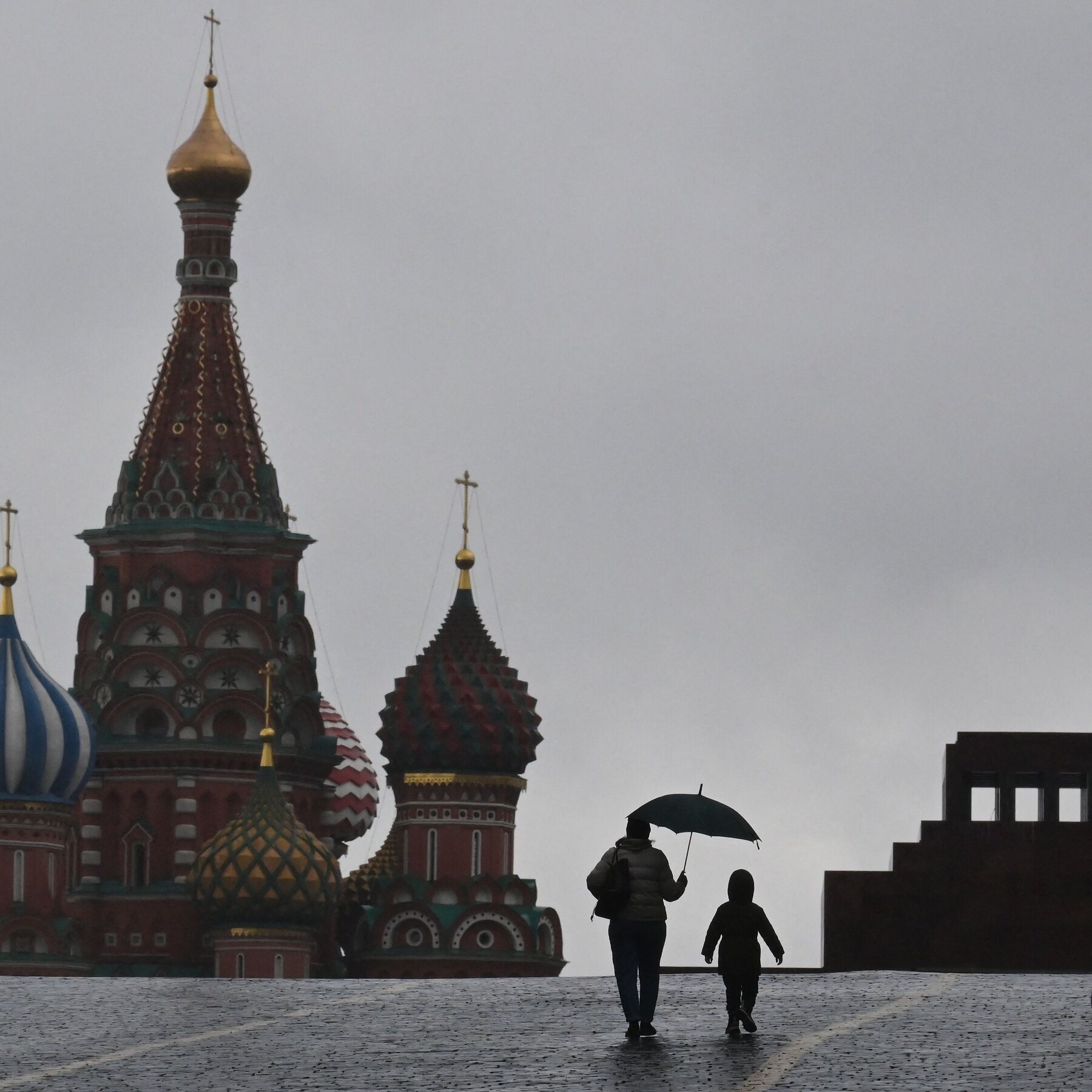
Navigating the Complexities of Russia’s Controversial “Anti-Propaganda” Law
Russia’s recent law, aimed at curbing what it deems “anti-child” propaganda, has ignited debate worldwide. The legislation seeks to address the country’s declining birth rates by discouraging messages that might influence Russians to opt for child-free lifestyles. While advocates argue that this is a necessary step to address a demographic crisis, critics warn it risks infringing on personal freedoms and stifling open dialogue on sensitive topics like family planning.
Balancing Population Concerns and Personal Choice
Supporters of the law claim that Russia faces a demographic challenge, with birth rates struggling to keep up with mortality rates. By promoting pro-family values and limiting “anti-child” messaging, proponents believe that Russia can boost its population and secure a stronger future. However, this approach raises fundamental concerns about the role of government in private family decisions. Critics argue that the law’s vague definition of “propaganda” could lead to overreach, suppressing discussions around financial, health, and lifestyle factors associated with parenthood.
Potential Consequences for Free Speech and Public Discourse
Imagine a young Russian professional named Natalia, researching the pros and cons of having children. Under this new law, some of the resources she consults—whether online forums or articles on family planning—might be labeled as “anti-child” propaganda, risking fines or criminal penalties for the creators. Additionally, if Natalia expresses doubts about the environmental or personal impacts of childbearing, her words could fall under legal scrutiny, limiting her freedom to share her perspective.
The law’s impact extends beyond individuals, affecting healthcare providers, educators, and journalists who discuss family planning or related issues. For fear of legal repercussions, many may self-censor, potentially depriving the public of critical information and resources.
How Enforcement Could Shape the Law’s Impact
The outcomes of this law depend heavily on its enforcement. If interpreted strictly, it could erode free speech and discourage open dialogue, contradicting the societal wellbeing it seeks to foster. However, a balanced approach that respects individual autonomy while addressing demographic concerns might produce a more positive outcome.
Policymakers must ensure a careful balance between encouraging population growth and safeguarding individual freedoms. By upholding principles of personal liberty and evidence-based decision-making, Russia can navigate this complex issue thoughtfully, ensuring policies that serve the long-term interests of its people.
Originally published on NYTimes.

